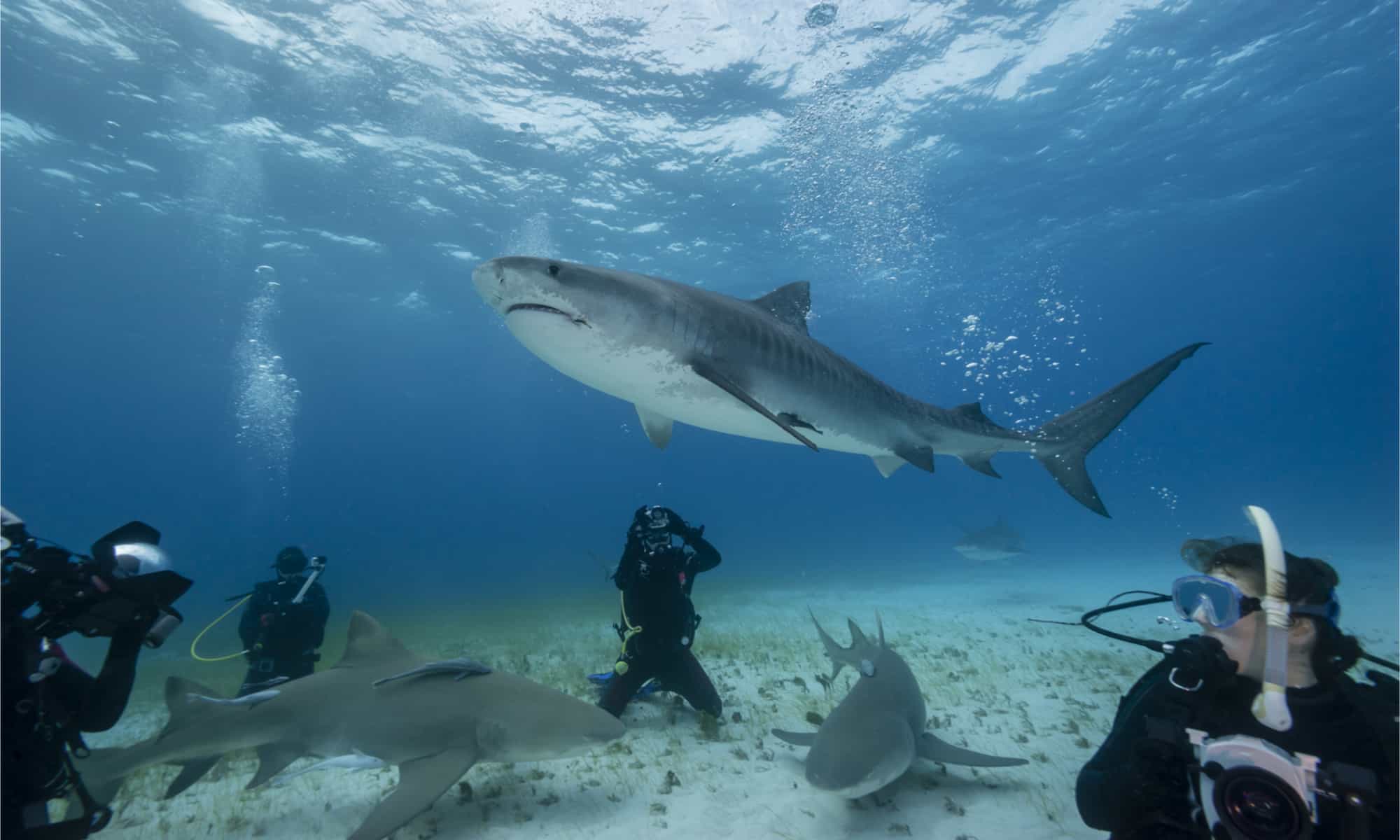

"Culture is about learning from others," Whitehead said. Hal Whitehead, a biology professor at Dalhousie University in Nova Scotia, awakened the world of cetacean research in 2001 when he co-authored a controversial paper that suggested no species other than humans are as "cultural" as orcas. In other words, orcas might be even much smarter than the size of their big brain suggests. Orcas' brains are 2 1/2 times average - similar to those of chimpanzees.īut scientist think that looking just at the brain-body ratio seriously underestimates the thinking power of larger marine mammals. By that measure, human brains, by comparison, are seven times average.

But scientists use brain-weight-to-body-weight ratios as a rough measure of intelligence.


If genetic variety isn't what makes these killer-whale groups so different, scientists suspect, their enormous brains might be the telltale factor.īigger animals typically have bigger masses of brain cells. "It's very, very strange," said Hanson, who participated in research that led to the listing of resident whales in waters off the Northwestern U.S. Instead of the world's varied populations having genetics that spread outward like a tree with several main branches, theirs is but a single, nearly straight trunk, except for a mismatched pair of genes here and there. Yet the orcas' DNA tells a different story. "If they didn't have the same paint jobs, you'd call them different species," said Brad Hanson, a National Oceanic and Atmospheric Administration biologist in Seattle. The three groups have starkly different diets, languages, hunting techniques and manners of behaving around other marine life, and they don't seem to interact much with one another. There are fish-eating orcas that stay in one area, flesh-eaters that wander more widely along coasts, and a third group that roams the deep-blue waters. They swim the world's oceans - they are more widely distributed than any whale, dolphin or porpoise - in at least three distinct populations.
Killer whale predators how to#
Years of tediously difficult research has given scientists some understanding of killer whales - but also has made them aware of how little they know about the creatures.įor starters, there's puzzlement over exactly how to categorize them. "But, certainly, if we are talking about whether killer whales have the wherewithal and the cognitive capacity to intentionally strike out at someone, or to be angry, or to really know what they are doing, I would have to say the answer is yes." "I'm not trying to second-guess what was in this particular whale's mind," said Marino, part of the Neuroscience and Behavioral Biology Program at Emory University in Atlanta. 24, when a large male orca with a checkered past killed a trainer at SeaWorld Orlando by dragging her into a tank. Human interaction with captive killer whales has come under scrutiny since Feb. But they aren't surprised that the world's biggest, most powerful and possibly smartest predator, captured and kept for years in a tank, cut off from the influences of an extended family, could have a fatal encounter with a human. These researchers have yet to find evidence that an orca in the wild has ever killed a person. Scientists are trying to better understand how killer whales are able to learn local dialects, teach one another specialized methods of hunting and pass on behaviors that can persist for generations - longer possibly than seen with any other species except humans. It's not clear whether they are as well-endowed with memory cells as humans, but scientists have found they are amazingly well-wired for sensing and analyzing their watery, three-dimensional environment. Killer whales, or orcas, have the second-biggest brains among all ocean mammals, weighing as much as 15 pounds.


 0 kommentar(er)
0 kommentar(er)
